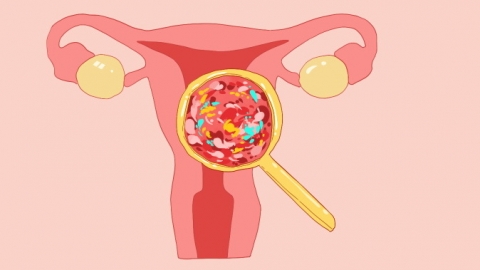Can inflammation cause a delayed menstrual period?
Generally speaking, whether inflammation can cause menstrual delay depends on the specific circumstances. Mild local inflammation usually does not affect the menstrual cycle or cause delays. However, severe inflammation or systemic inflammatory responses may interfere with the endocrine system and subsequently lead to menstrual delay. Detailed analysis is as follows:

If the inflammation is mild and limited to a specific area of the body without significantly affecting overall bodily functions or endocrine regulation, the normal function of the hypothalamic-pituitary-ovarian axis remains undisturbed, and hormone secretion remains stable. Therefore, menstrual delay typically does not occur, and the menstrual cycle can remain regular.
When the inflammation is severe, related to the reproductive system, or triggers a significant systemic stress response, it may lead to menstrual delay. Severe inflammation can stimulate the body's stress response, interfere with hormone secretion from the hypothalamus and pituitary gland, cause abnormal release of gonadotropin, and subsequently affect ovarian ovulation function and the normal secretion of estrogen and progesterone.
To minimize the impact of inflammation on menstruation and maintain a regular menstrual cycle, proper daily care is essential. Pay attention to personal hygiene, especially cleanliness of the reproductive system, and avoid unclean contact that may lead to infection.








